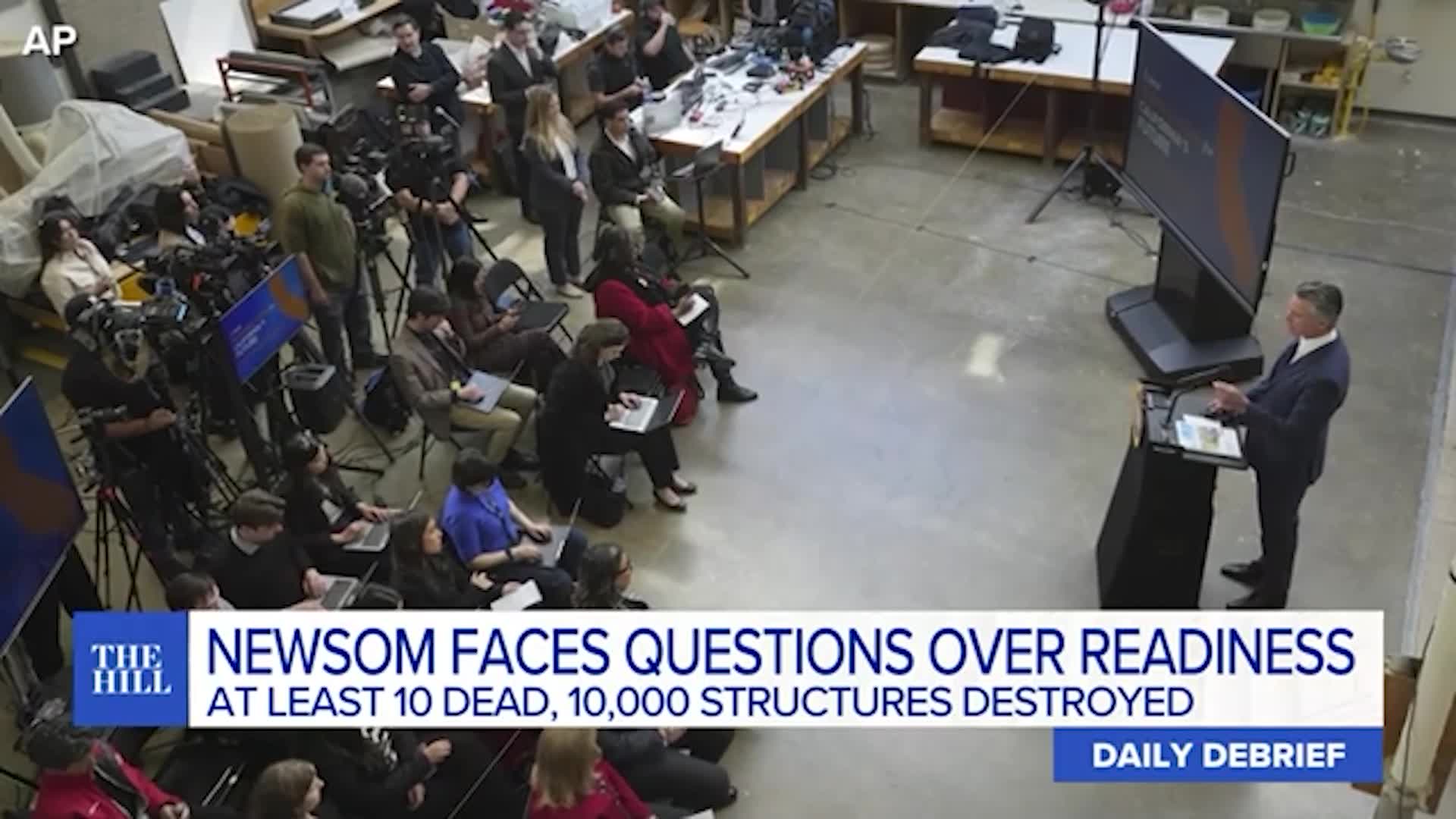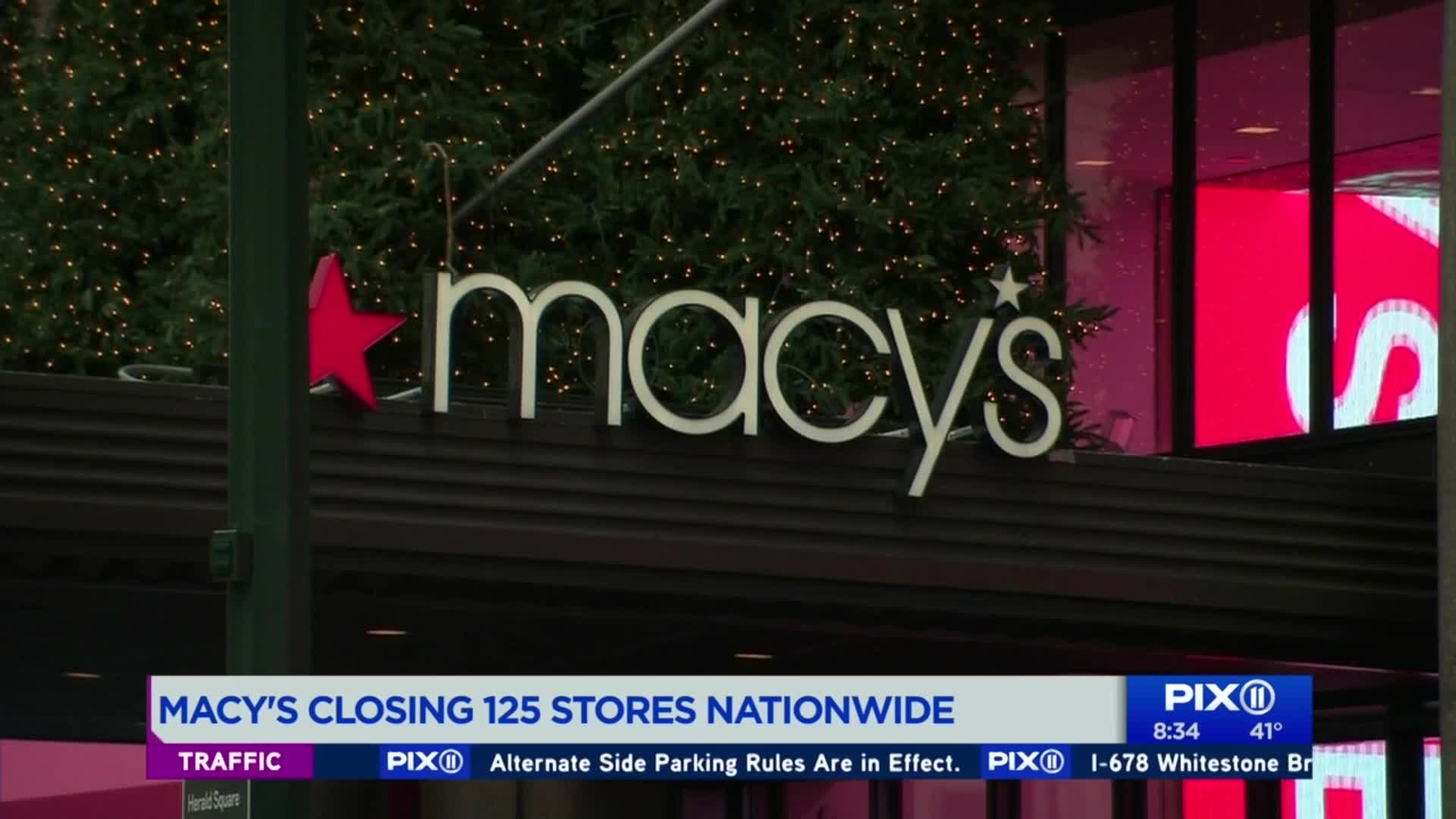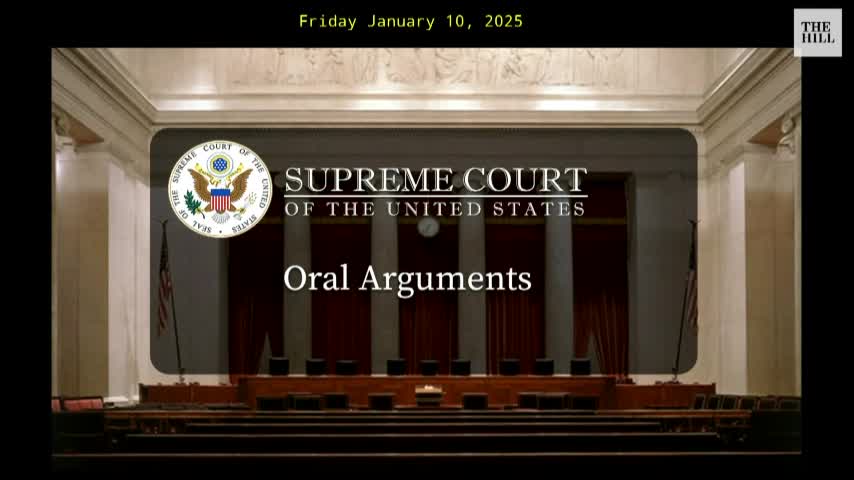Will Congress make a significant move on housing affordability?
Is it unrealistic, in the shortening days of a divisive election year, to expect the two parties to take time out of their packed schedules to address the affordable housing crisis? Perhaps, but there has already been progress toward action on housing in 2020.
For example, the Yes In My Backyard (YIMBY) Act (H.R. 4351), introduced by Reps. Denny Heck (D-Wash.) and Trey Hollingsworth (R-Ind.), passed the House by a voice vote in March. Senate consideration of the bill, or a serious effort by that chamber to constructively address artificially high housing costs, would send a message of unified congressional support for urgently needed investment in America’s housing stock.
There is a growing left-right consensus on housing affordability: Overregulation is the chief barrier to affordable, unsubsidized housing within reach of working families. Protecting the right to build on one’s own land is the solution, and could help get us to the point where direct government assistance is only needed by families with little or no income.
Congress, of course, has neither the desire nor the authority to take over local zoning powers. But Washington has long influenced housing market regulation in many ways, through innovation, vocal leadership and financial incentives. The Department of Commerce promoted restrictive zoning around the country in 1924. The early Federal Housing Administration subsidized low-density regulations that favored expensive suburban-style planning (not to mention imposing strict racial segregation).
Today, Congress should take leadership to promote more worthy ideals and elevate best practices from around the country. Local leaders should see clearly that their national representatives are on the side of inclusive, market-led housing construction. Such an effort will require more two-way communication with federally-funded cities, which must use federal grants responsibly. Given the central role of zoning in local policy, communities receiving Housing and Urban Development (HUD) funds must at least take stock of their regulatory apparatus (as the YIMBY Act would require).
Each party now appears to recognize a vital ideal more commonly associated with the other side. For Democrats, this means affirming the leading role of markets in delivering housing affordability. They can draw inspiration from the Austin suburbs, where legal scholar Robert Ellickson found that the majority of developable tracts are zoned to allow small-lot single family houses or multifamily homes. Those local choices open opportunities to Texans of diverse income levels and facilitate integration as the Austin economy booms.
Republicans, for their part, have too often ignored housing policy altogether. They are beginning to take a symbolic stand on the content of local decisions and let locally elected Republicans know that there are some things that blue cities get right. Buffalo, New York, for example, facilitated reinvestment in its time-worn downtown by removing parking minimums and making it simpler to repurpose old buildings. That policy innovation would be applicable to commercial spaces left vacant by the current recession.
The YIMBY Act does go beyond expressing the sense of Congress that inclusive, market-led housing investment is good for America. The language of the bill requires each HUD grantee – which includes all cities of at least 50,000 people, plus some counties and smaller cities – to report on whether or not they have adopted each of 22 policies, such as allowing manufactured housing and reducing parking minimums. The new requirement is likely to be grafted into an existing online portal. Municipalities can also report that they plan to adopt a policy or that it is inapplicable.
It is fair to criticize the YIMBY Act for failing to address the real problems with HUD’s grants. For example, the funding formula for Community Development Block Grants is out of sync with the program’s priorities — and has been untouched since 1977. A more ambitious reform would update funding formulae and withdraw HUD’s support from communities that do not share its goals.
Instead, Congress is following the business adage, “You get what you measure.” Decades of interaction with HUD have attuned local officials to some concerns. Many existing reporting requirements for HUD funding are on activities, such as on environmental protections and neighborhood input, known to discourage investment. By contrast, HUD has no existing requirement that communities consider or accommodate potential future residents, the vibrancy of the local economy or local fiscal sustainability, all of which are considerations that lean toward reinvestment. The YIMBY Act puts a little of HUD’s weight – but perhaps not enough – on the pro-investment side of the scales.
Congress is taking seriously HUD’s role as a source of information and ideas for local governments. Adding reporting on property rights protections for housing construction is likely, at the margin, to encourage grantees to give greater consideration to the ways they can enable reinvestment by expanding and protecting property rights.
Salim Furth is a senior research fellow and director of the Urbanity Project with the Mercatus Center at George Mason University.
Copyright 2024 Nexstar Media Inc. All rights reserved. This material may not be published, broadcast, rewritten, or redistributed..

















